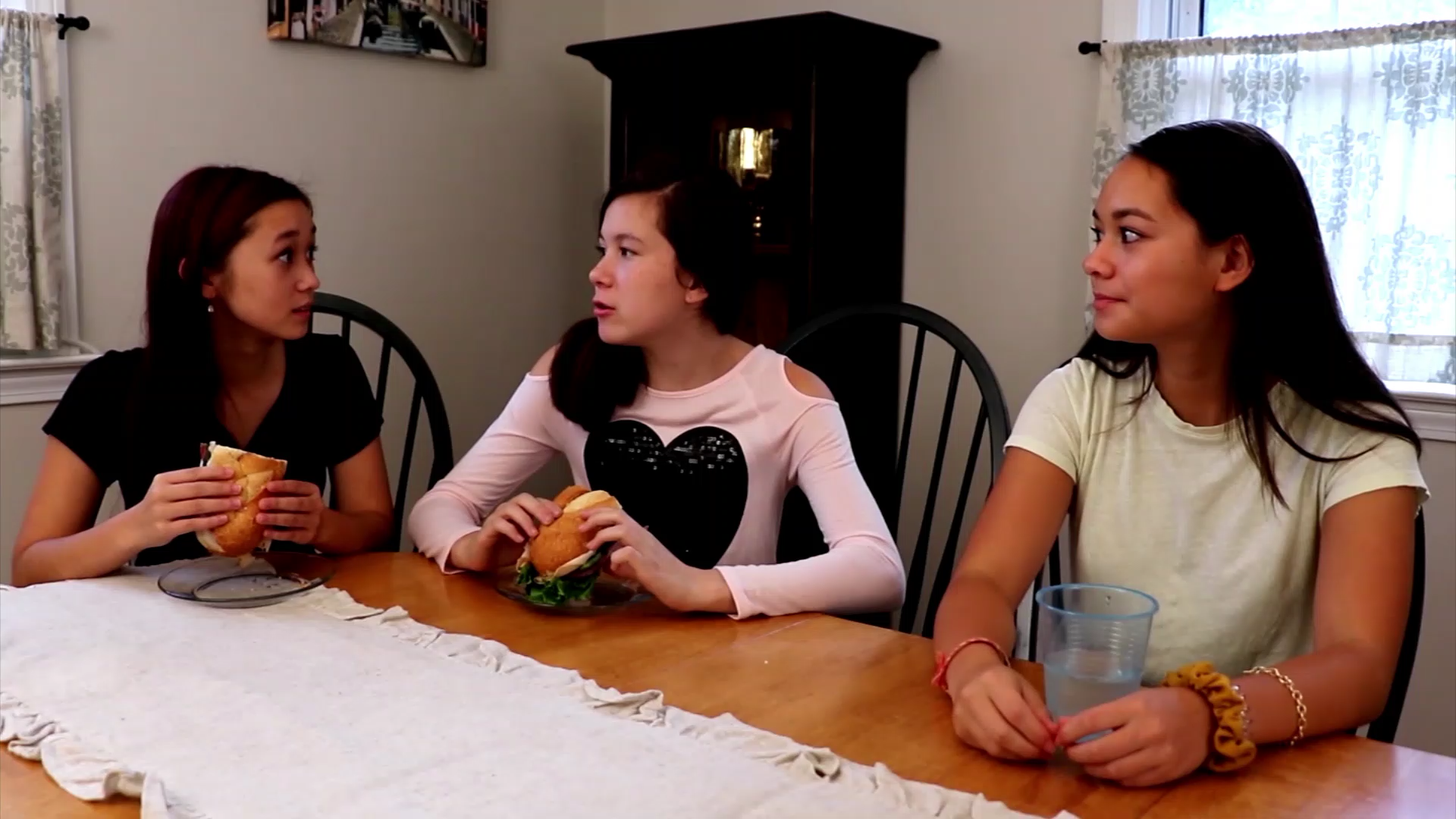Introduction
Eating at a friend’s house or in a restaurant can be an enjoyable experience for students. However, it’s essential for them to understand the importance of following certain rules, collectively known as Restaurant Rules. These rules help students develop self-control, hygiene, and manners. By teaching these rules, educators can help students have a positive social experience and foster better relationships with their peers.
No-Prep Activity
A simple and effective activity to teach Restaurant Rules is role-playing. This activity requires no materials or preparation from the educator. Divide the students into small groups and assign each group a specific scenario that involves eating at a friend’s house or in a restaurant. Ask the students to act out the situation while demonstrating the appropriate Restaurant Rules.
For example, one scenario could be a birthday party at a friend’s house. The students in the group can take turns playing various roles, such as the birthday person, guests, and even parents. This activity allows students to practice self-control, hygiene, and manners in a fun and engaging way.
Discussion Questions
- Why is it important to follow the Restaurant Rules when eating with others?
- Can you think of a time when someone didn’t follow the Restaurant Rules? How did it make you feel?
- What are some ways to remind ourselves to practice self-control, hygiene, and manners when eating with others?
- How can following the Restaurant Rules help us build better relationships with our friends and family?
- What are some challenges you might face in following the Restaurant Rules, and how can you overcome them?
Related Skills
Besides the Restaurant Rules, there are other skills that are essential for students to develop in social situations. These skills include:
- Active Listening: Paying attention to what others are saying and responding appropriately.
- Empathy: Understanding and sharing the feelings of others.
- Conflict Resolution: Resolving disagreements or problems in a respectful and constructive manner.
- Assertiveness: Expressing oneself confidently and respectfully, without being aggressive.
- Cooperation: Working well with others to achieve a common goal.
Next Steps
Now that you have learned about the Restaurant Rules and its importance in social-emotional learning, it’s time to put these skills into practice. To help you get started, we invite you to sign up for free sample materials that cover this skill and others. These materials can provide you with valuable resources, activities, and strategies to help your students develop essential social skills, making their experiences at friends’ houses and restaurants more enjoyable and fulfilling.






